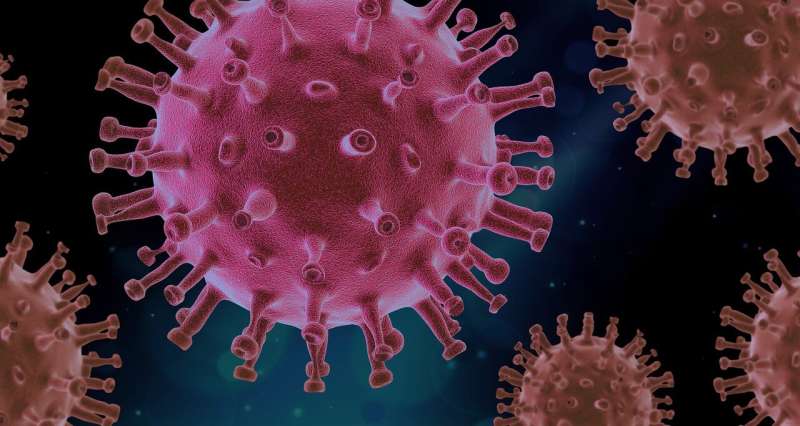
Q: My daughter is upset about testing positive for COVID-19. How do I talk to her about this?
A: News of a positive COVID-19 test can be alarming for kids and parents. The fear and uncertainty, paired with the frustration of changing plans and routines, can cause heightened emotions for the whole family. But it can be especially distressing for children.
Here are some tips to help you talk about a positive COVID-19 test with your child and develop strategies to manage stress:
— Stay calm, especially when giving information to your child. To set the thermostat of a conversation, choose a location where you both feel comfortable and calm. Keep your tone of voice and body language relaxed, and the discussion informative and reassuring. Children react to their environment and if you are calm, they will be more likely to stay calm.
— Be honest, and give them an opportunity to ask questions. Let your child ask questions and provide honest answers that are appropriate for their age and developmental stage. A positive COVID-19 test will mean that their daily routine is about to change, so they may have a lot of questions. Your child may ask, “Why can’t I go to school today?” for example. You might answer, “We have to take a break from seeing others for a little while so we can all stay healthy. Your doctor will help us understand when it’s OK to go to school again.”
— Provide reassurance. Remind them that you will be there to take care of them, and that their pediatrician is always just a phone call away. Share with them in words they can understand and appreciate that most children will only experience a mild, cold-like illness. For those who are old enough to be vaccinated, remind them that the COVID-19 vaccines help prevent serious illness and hospitalization in children.
— Tell your child what happens next. Be clear about the change in routine they can expect going forward for a while. Letting your child know what to expect helps to ease anxiety related to uncertainty. Explain to them what they will need to do to help keep other family members healthy, including wearing a mask, isolating in a different area of the home whenever possible and staying home or avoiding close contact with others for a while.
— Address concerns with solution-focused talks. In addition to health concerns, older kids may worry about missed schoolwork. Discuss how you and they can reach out to teachers for assignments and ask for help prioritizing makeup work.
Many kids are also concerned about exposing others to COVID-19. They may be especially worried about family members who have medical conditions or medications that weaken the immune system, or younger siblings who are not yet eligible for COVID-19 vaccines. Remind them that there are proven actions we can take to limit the spread of COVID-19, such as physical distancing, face masks and hand-washing.
You can also use solution-focused talks if your child is upset about missing out on social events while they isolate. Mention ways to stay connected such as video calls, group video games or making art projects to give to friends.
As a parent and caregiver, it is essential to not only help your child cope with the stress they may be feeling, but to acknowledge your own mental and emotional health, too. Keep these tips in mind:
— Limit time on social media and news. It’s easy to get sucked into social media feeds and breaking headlines discussing current topics. This can not only be stressful, but can also be a source of misinformation. Rely on COVID-19 updates directly from a trusted health source.
— Take care of yourself! Your child’s positive test and the sudden need to alter daily life may make you feel a loss of control, too. Try to eat regular, healthy meals, stay hydrated and get enough rest. Taking care of your physical health will benefit your mental health at the same time. Let go of tasks that are nonessential and focus on things that you can control.
Source: Read Full Article
